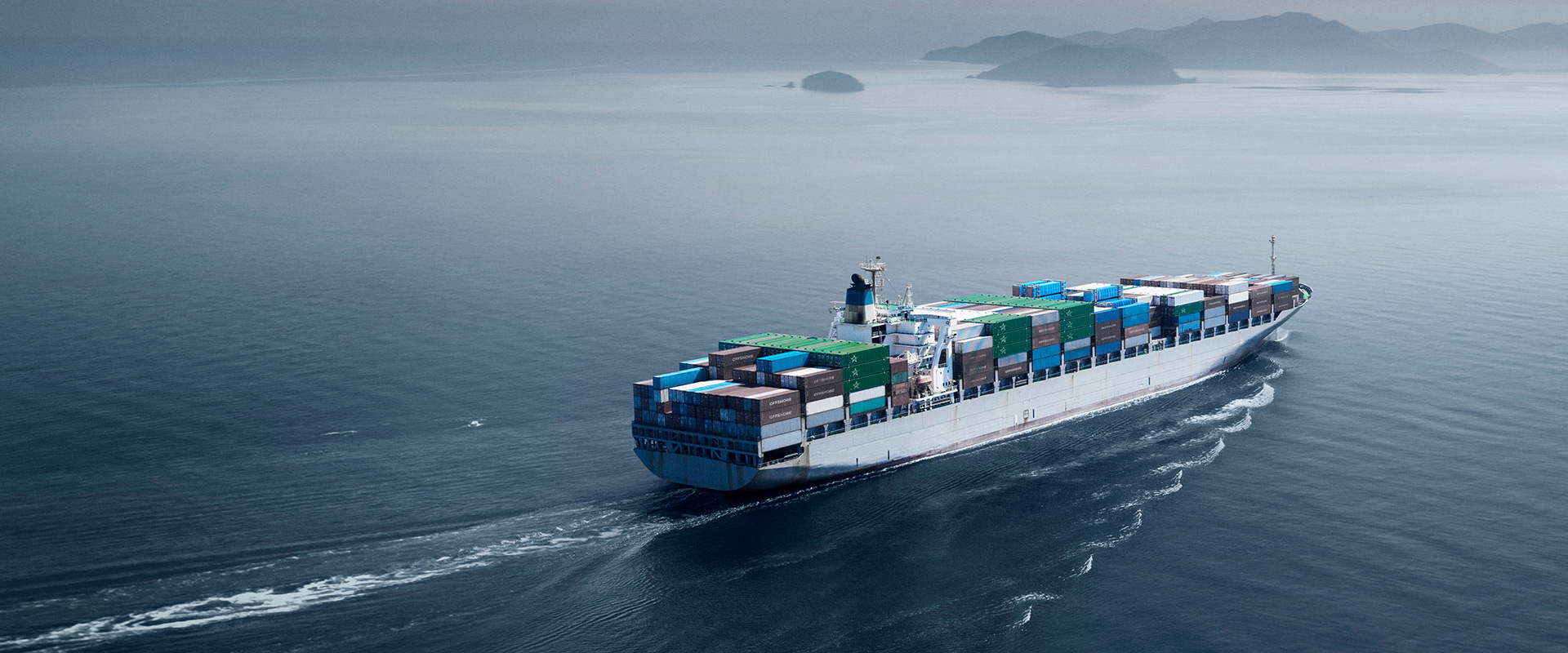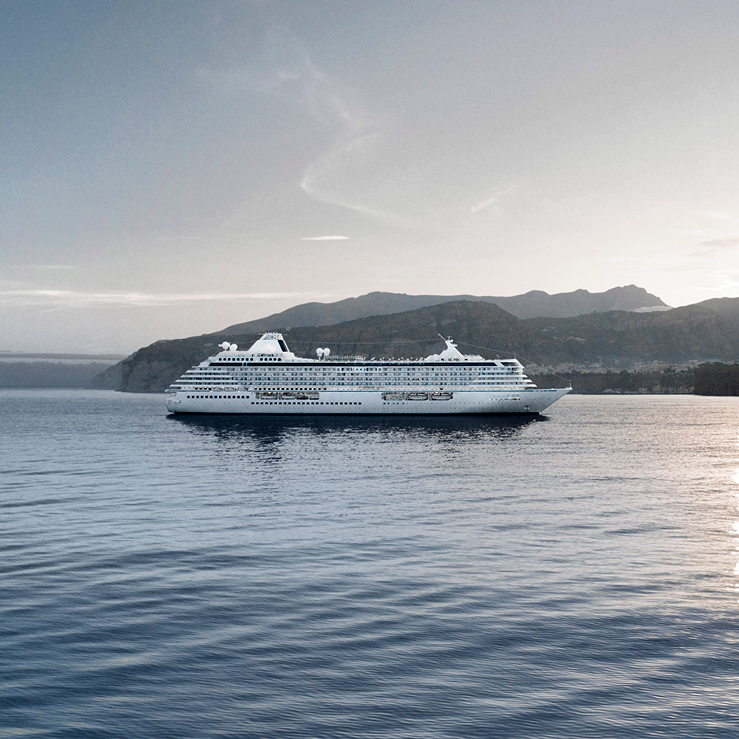2. Expansion of the EU Emissions Trading System (EU ETS), the next milestone
Starting on January 1 2025, the EU ETS will cover 70% of the maritime sector's emissions, up from 40% in 2024. This extension requires ship operators to acquire and surrender emission allowances, increasing operational costs and possibly encouraging the adoption of energy-efficient technologies.
Additionally, the EU-Monitoring, Reporting, and Verification (EU-MRV) system will extend to general cargo ships and offshore vessels of 400 GT and above.
Read more about how we can support your business:
Calculate your Co2 emission





